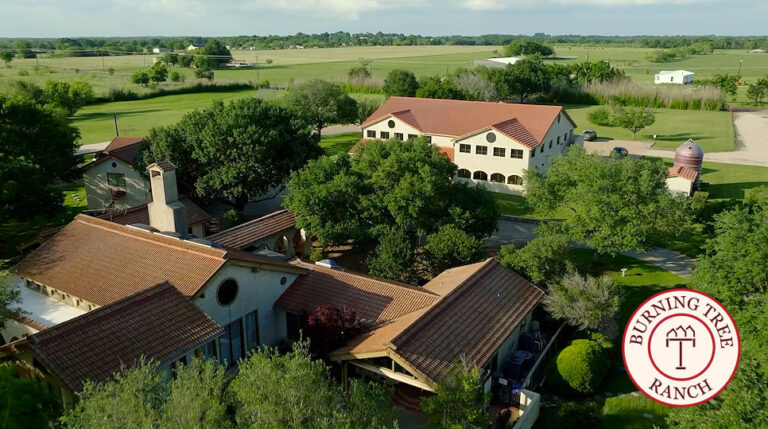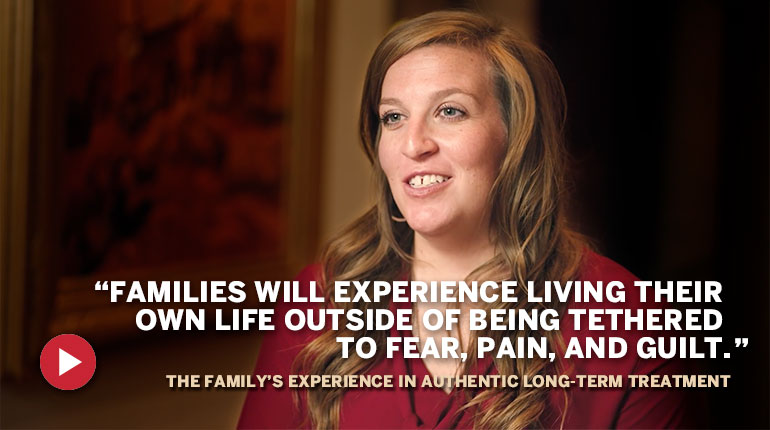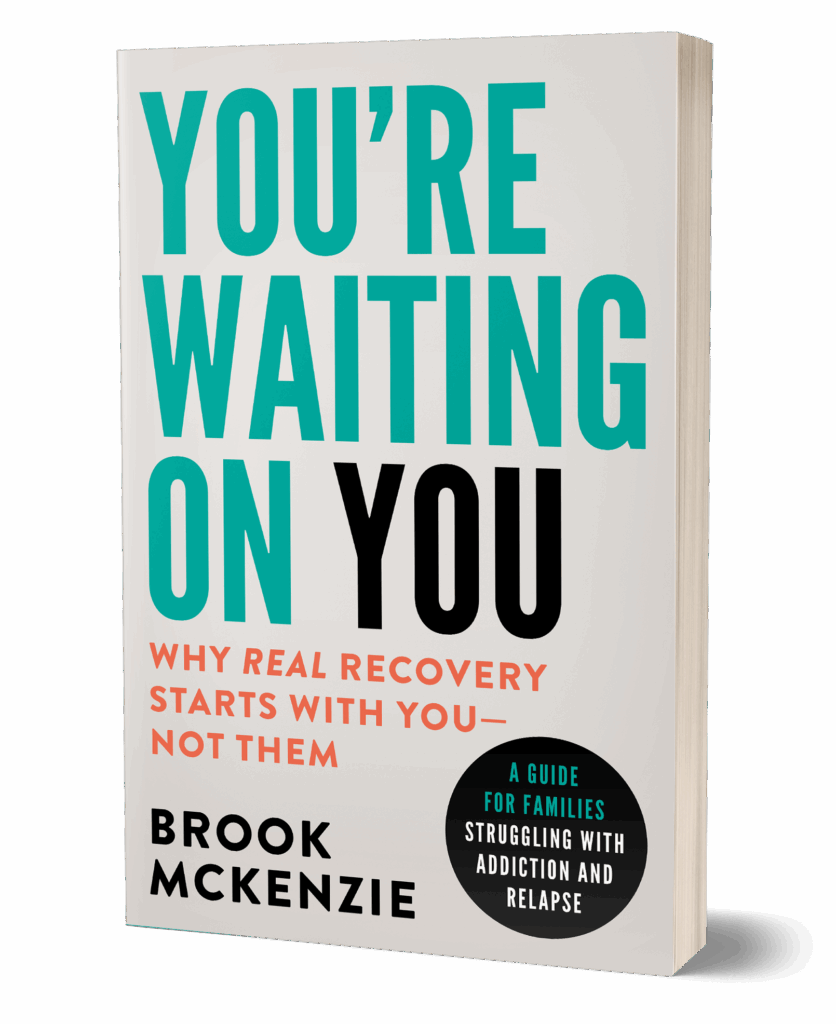Have Other Programs Missed the Deeper Issues?
Helping Chronic Relapsers And Their Families Since 1999
Searching For
Freedom From Chronic Relapse?
Families often tell us they worry about more than just addiction:
- Mental health struggles — depression, anxiety, or trauma that never seem resolved.
- Personality disorders — patterns of thinking and behaving that disrupt every relationship.
- Long-standing behaviors — manipulation, anger, or avoidance that repeat year after year.
- Treatment fatigue — multiple failed attempts that never touched the real problem.
- Family exhaustion — cycles of hope, chaos, and disappointment that wear everyone down.
These challenges require more than surface-level care. We specialize in treating complex mental health and addiction issues at the root.


Is it Time for
Real Change?
Burning Tree is the nation’s only authentic long-term treatment provider designed exclusively for the chronic relapser.
- 100% Progress-Based
- Exclusive To Chronic Relapse Clients
- Life Skills Intensive, Accountability Driven
- Emphasis On Behavioral & Attitudinal Well-Being
- Long-Term, 4-Phase Continuum Of Care
Long-Term Treatment for Chronic Relapse
The Nation’s Only Authentic Long-Term Treatment Program
- Exclusive Focus on Chronic Relapse & Complex Mental Health Disorders
- Multi-Phased Continuum of Programming Aimed at Permanent Recovery
- Concentration On Dynamic Behavioral, Attitudinal, and Personality Change
Short Term Treatment Covered by Insurance
30-90 Day Treatment Covered By Insurance
- 30-90 Days Short-Term Treatment for Alcohol and Substance Use
- Simple Admissions Process, Get Immediate Support
- Individualized Treatment & Aftercare Programming
What Can Families Expect?
When families come to us, they’re not just looking for “treatment.” They’re desperate for something that finally works.
- Clinically precise dual-diagnosis treatment
- Identification of relapse patterns and root causes
- Unrelenting accountability for both clients and staff
- Focus on real behavioral and psychological change

Breaking the Cycle Starts Here
A trusted guide for families facing addiction and repeated relapse.

What Does it Mean to Undergo Long-Term Treatment?
We offer what other treatment programs can’t:
- Exclusive Focus on Chronic Relapse & Complex Mental Health Disorders
- Emphasis on Identifying Misdiagnosed and Undiagnosed Co-Occurring Disorders
- 4-Phase System Allowing for Metered Transition to Independent Living
Has Treatment Stopped Working?

What’s Possible After Burning Tree?
When a loved one finishes our program, families describe it like this:
- Honest and sober — no more hiding, no more lies.
- Calm in crisis — able to face stress without running.
- Trust rebuilt — promises kept, relationships mended.
- A real future — working, contributing, and thriving.

Are You Professionally Advising A Family?
When addiction threatens everything, families turn to someone they trust. And those professionals—attorneys, physicians, financial advisors—turn to us.
- Trusted by Professionals Since 1999
- Designed for Complex, High-Stakes Cases
- Proven Long-Term Outcomes
Burning Tree Serves Families From All Over the United States
We treat clients from all over the Nation. We also partner with hundreds of treatment centers across the United States.
This Time Has to Be Different
Tried everything—and nothing’s worked? We specialize in treating the relentless cycle of relapse.
Or send a message to our team to request more information about our program.